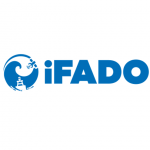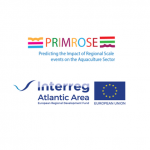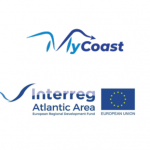
iFADO
The iFADO project aims to create marine services at regional and subregional scale using the EU Atlantic Waters as case study. By filling current technical gaps, iFADO would use the Marine Strategy Framework Directive (MSFD) implementation to demonstrate the application of innovative products. The project will combine traditional monitoring with cost-effective, state-of-the-art technologies: remote sensing, numerical modeling and emerging observation platforms such us gliders and oceanic buoys.

PRIMROSE
PRIMROSE will deliver improved forecasts of HABs, microbial risks and climate impacts in aquaculture locations the length of Europe’s Atlantic Arc from the Shetland Islands in the north to the Canary Islands in the South.
The project will use a combination of technologies including the OLCI system flying on board the new Sentinel 3 satellites that provide increased remote sensing resolution for aquaculture production areas in Ireland, Scotland England, France, Spain and Portugal.
The transnational cooperation within PRIMROSE will allow best practises and methodologies to be shared among the partners, with the development of a common web based gateway for risk assessment in the region including an easily understood “traffic light” risk index for industry.
MyCOAST
The aim of MyCOAST is to enhance the capability of risk management systems in the Atlantic region by improving co-operation between, observational and forecasting systems, and end users. MyCOAST aims to build a coordinated Atlantic Coastal Operational Observatory in the Atlantic area joining capabilities from all the 5 partner states and from existing cross-border cooperation activities, all targeted towards the improvement of coastal monitoring and forecasting tools to support threat and emergency response.
The technical networking and specific synergies will strengthen the use and the dissemination of downstream applications of the Copernicus Marine and Environmental Monitoring Service (CMEMS) in order to address the common challenge of resilience of the coastal area to risk. The proposed data management tools will promote information sharing and interoperability between coastal observatories and the common European information sharing systems. To ensure effective implementation, the risk management tools will be developed and validated jointly with the key actors involved in managing and preventing coastal risks like flooding and coastal erosion, those in managing water quality issues, and those responsible for managing maritime safety and response to pollution incidents.














